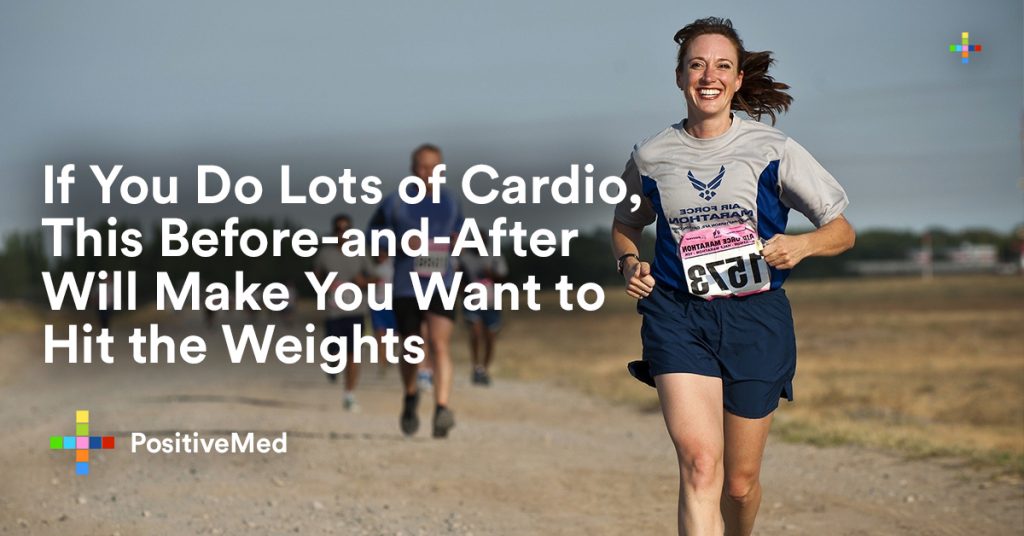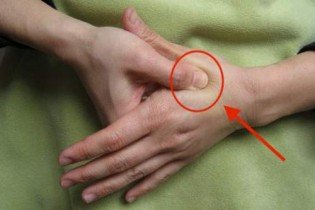Have you been focusing on cardio to lose weight without much progress? There are a lot of inspiring stories from people who have been dealing with weights and have achieved a lot. It might be that time to ditch your runs and start dealing with barbells and dumbbells. There have been a lot of arguments in the case of cardio vs. Strength training for weight loss. Although cardio still remains a popular form of exercise for weight loss, weight training has recently gained the reputation of great fat burners too. The general rule is that you should burn more calories through high-intensity training unlike through low-intensity training.
Why is cardio not working?
Most of the calories you burn in a day aren’t through a physical activity but rather through your resting metabolic rate (RMR). This is actually what happens when your weight loss frustrations set in and you can’t explain why the scale is moving in the wrong direction despite your efforts.

Cardio workouts like running can lead to weight loss but not muscle building. However, if you want to see your body change faster, cardio isn’t necessarily the most efficient way.
Cardio comes with a lot of health benefits for weight loss. It supports your energy production, helps in recovery, relaxing, and sleep. However, if you are looking for the fastest way to drop a few extra pounds, here are some reasons why you should give weight training a priority.
Is Cardio for You?
Although cardio is not bad because it can help you shed those extra pounds, it just doesn’t burn fat quickly like most people expect. Ideally, you should combine metabolic and high-intensity workouts with longer, slower, less intense bouts of cardiovascular exercises. These short bouts of training increase your heart rate, boosts metabolic activity, and burn fat. The slower bouts help with recovery and increase your heart efficiency while ensuring that you don’t become exhausted.
If you become exhausted during training, you will most of the time be thinking about how your muscles feel. In addition, your heart will not be in a position to push harder. On the other hand, performing slower, longer cardio workouts forces more blood into your heart and expand the walls. This means your heart will pump more blood and oxygen to your body and make you more efficient.

Instead of running out of breathing as you try to push harder, you can fight off fatigue and maintain a higher intensity by doing a better job.
Although it is easy to see why it is important to perform a mix of low-intensity cardio and weight training, most people become pressed for time and impatient. They want to see results within a short time with the least amount of the required activity.
In addition, not many people have time for the needed extra cardio workout. This can be an excuse for some people but not all. Why should you come up with a training plan that you are not capable of maintaining?
It is the reason why you should go for weights if you have to choose between cardio and weights.
Muscle-Metabolism Connection
Let us look at an example. If you are a 200-pound man, your resting metabolic rate may range between 1600 and 1900 calories. This is approximately 3 times the number of calories you burn during a typical workout.
The point is that weight training better preserves your RMR through the lean body mass (LBM). This happens to be a significant contributor to RMR or the calories you burn in a day without accounting for physical activity.
Studies have shown that resistance-training doesn’t cause significant LBM losses compared to aerobic training. Additionally, resistance-training cause burning of more body fat and increases RMR. It also improves endurance. This clearly explains why untrained dieting obese subjects normally get speedy results through strength training instead of aerobic training.
However, these benefits are not limited to those who are obese or overweight. Strength training helps you to maintain a better muscle-to-fat ratio. This helps with the way through which food is processed while ensuring that the number of calories you are burning outside the gym is enough to support all your efforts when you hit the gym.






